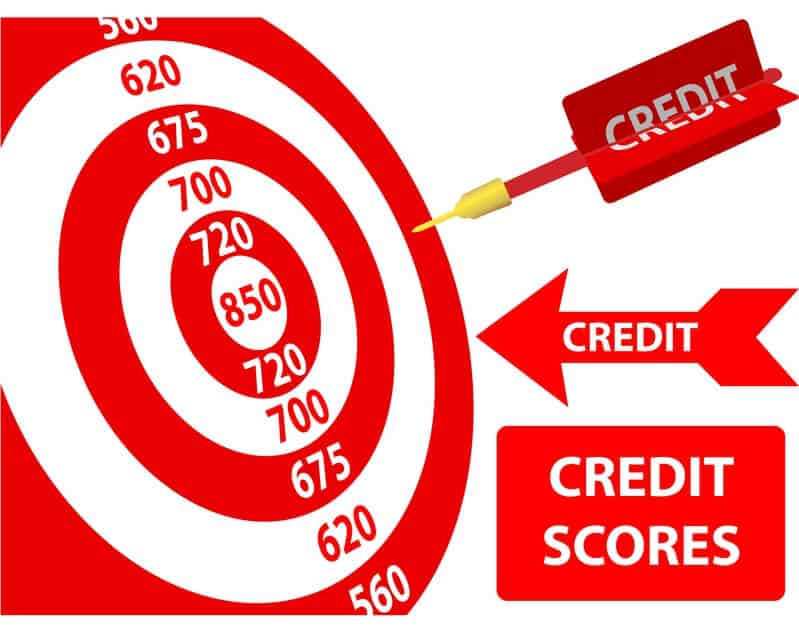Is it Practical to Plan For Retirement?
Is it Practical to Plan For Retirement? – As it becomes increasingly difficult for many companies to finance workplace pension plans, and more persons join the ranks of the self-employed, the number of Jamaicans who are currently investing towards their retirement years is woefully inadequate.
Studies indicate that private pension arrangements are now covering some 60,000 persons of the approximately 1.3 million people in the labour workforce in Jamaica. This means that only about one out of every 22 persons contributes to a savings plan. That will help to replace their income when they can no longer earn a living or choose to stop working. This is a startling statistic, as it indicates that many persons may not have considered the necessity of planning to create an income for their later years.
Calculating The Cost of Retiring
Imagine that you are now 65 years old, and desperately desire to quit the rat race of the working world. In your youth, you had only focused on funding your immediate needs, and had never consciously thought about where money would come from when you were too tired to keep working.
You had hoped that your children would take care of you when the time came, but now they are struggling to make their own ends meet, and can offer you very little assistance. You have no choice but to continue working, despite your aches and pains and nature’s actions in trying to slow you down.
So let’s look at what it would take to create a nest egg. Which would allow you to live comfortably in your retirement years.
Let’s say that you are now 40 years old and wish to stop working at age 60. Assuming an average inflation rate of ten per cent per annum. Which is the percentage by which prices will go up every year. Your income need upon retirement would actually be over $330,000JMD per month. Would continue to increase every year in line with inflation.
How much money would you need to amass in the next 20 years
In order to generate this income stream over 25 years of retirement? To make this plan work, you would need to create a lump sum of over JMD$126 million upon retirement. Which should earn a net return of eight per cent every year. Is it Practical to Plan For Retirement?
So, how much would you need to put aside every month to achieve this goal? If your investment plan gives you an average net return of 10 per cent every year. You would need to save just under $80,000JMD per month and increase your annual contributions by ten per cent to stay ahead of inflation. Now for most people, the possibility of putting aside $80,000JMD per month towards a retirement plan would be next to nil. I tell them it’s better to save what you can than save nothing at all.
Getting Started With A Retirement Plan
Here are some considerations that can help you to get started with a plan for your future needs:
– Do you have any savings that could be used to start a dedicated retirement plan?
– How much money can you comfortably put aside every month without having to withdraw from it?
– At what age is it practical for you to stop working for an income?
– How much money will you need to withdraw monthly once you are retired?
– Will you receive a workplace pension that will contribute to meeting your needs?
Using the previous example
Let’s say that all you can save right now for your retirement is $10,000 JMD per month. You decide that it’s more realistic for you to aim for retiring at age 65. What kind of nest egg could you create with these parameters? If you increase your contributions every year by ten per cent. Then you would create a retirement fund valued at over JMD$32 million.
While this figure may sound impressive, in today’s dollars it would only be worth about JMD$3 million. Would generate the equivalent income of about $11,000 JMD for 20 years. Your retirement nest egg would there fore form only a part of your plan towards replacing your income in your senior years. Other options to generate money could include renting out a part of your home, or starting a business that would help to pay residual income. Is it Practical to Plan For Retirement?









